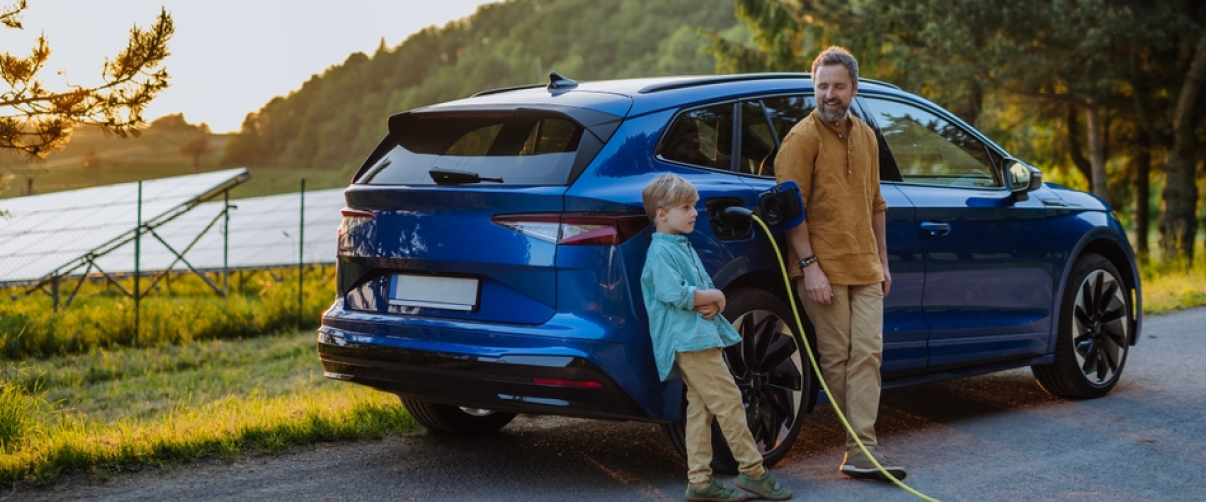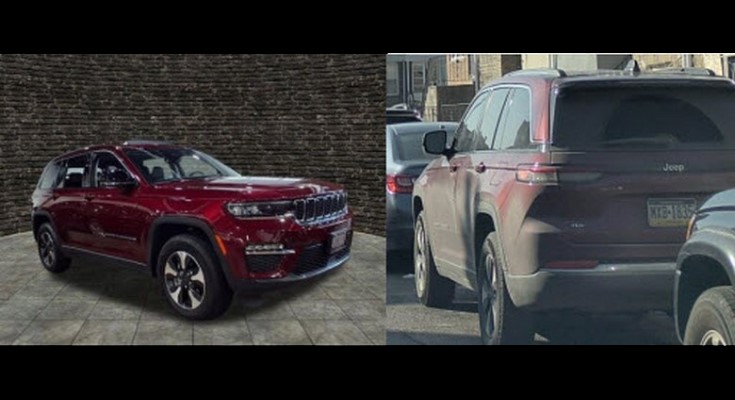In recent years, hybrid vehicles have emerged as a viable solution for those seeking fuel efficiency without sacrificing performance. Yet, despite their growing popularity, a cloud of misconceptions continues to surround these innovative cars. It’s time to set the record straight and debunk some of the most common myths about hybrid vehicles.
Debunking Common Myths About Hybrid Vehicles

Myth 1: Hybrid Vehicles Are Too Expensive to Maintain
One prevailing belief is that hybrid vehicles are costlier to maintain than their gasoline-only counterparts. However, hybrids often incur lower maintenance costs. Thanks to regenerative braking systems, hybrids experience reduced brake wear, which means fewer brake replacements over time. Additionally, they require fewer oil changes because their engines don’t run continuously, leading to less engine wear.
Myth 2: Hybrids Lack Power and Performance
Many think that hybrid vehicles are sluggish and underpowered. On the contrary, the integration of electric motors with gasoline engines can enhance overall performance. Electric motors provide instant torque, resulting in quick acceleration. Some hybrids even outperform traditional gasoline vehicles, proving their prowess on both city streets and highways.
Myth 3: Hybrid Batteries Don’t Last Long
A common concern is that hybrid batteries will need frequent replacements. In reality, hybrid car batteries are designed for longevity, often lasting over 200,000 miles without need for replacement. Most manufacturers offer warranties ranging from 8 to 10 years, providing additional peace of mind.
Myth 4: Hybrids Require Special or Inconvenient Charging
Unlike fully electric vehicles, hybrids do not require plugging in. They recharge their batteries through regenerative braking and by running the internal combustion engine. This means you can fuel up at any regular gas station and don’t need to alter your routine for charging times.
Myth 5: Hybrid Vehicles Aren’t Suitable for Highway Driving
There’s a misconception that hybrids only excel in stop-and-go city traffic. While it’s true that they are highly efficient in urban environments, hybrids also perform efficiently on highways. Their advanced aerodynamics and low rolling resistance tires contribute to better fuel efficiency at higher speeds.
Myth 6: Hybrid Maintenance Can Only Be Done at Dealerships
Some believe that hybrids can only be serviced at specialized dealerships due to their complex systems. However, many independent auto shops have technicians trained in hybrid technology. These facilities offer competitive pricing and are equipped with the necessary tools to maintain and repair hybrid vehicles.
Myth 7: Hybrid Batteries Are Hazardous to the Environment
Concerns about the environmental impact of hybrid batteries are often overstated. Manufacturers have eco-friendly disposal and recycling practices for batteries, recovering valuable materials like nickel and cobalt. This process minimizes environmental harm and supports sustainable manufacturing.
Myth 8: Hybrids Aren’t Reliable and Break Down Often
The complexity of hybrid systems leads some to think they are more prone to breakdowns. In truth, hybrids undergo rigorous testing to ensure reliability. With fewer moving parts than traditional vehicles, hybrids often experience fewer mechanical issues. Regular maintenance keeps them running smoothly for years.
Myth 9: Hybrids Have Poor Resale Value
Early hybrids may have struggled with resale value, but as the technology has become mainstream, hybrids now maintain their value well. Their popularity among taxi and rideshare drivers is a testament to their reliability and strong resale performance.
Myth 10: Hybrids Are Just a Fad and Will Be Obsolete Soon
Some skeptics view hybrids as a temporary solution until electric vehicles fully take over. However, hybrids offer a practical alternative for those not ready to switch to all-electric due to concerns like range anxiety or charging infrastructure. With continuous advancements, hybrids are here to stay.
The Future of Hybrids
Hybrid vehicles represent a significant step toward a more sustainable automotive future. They provide a balance of efficiency, performance, and environmental responsibility. As technology evolves, hybrids will continue to play a crucial role in reducing emissions and offering drivers an economical choice in an ever-changing market.
Conclusion
It’s clear that many of the myths surrounding hybrid vehicles are unfounded. With their advanced technology, cost-effectiveness, and environmental benefits, hybrids are a smart choice for today’s drivers. If you’re considering a new vehicle, a hybrid might just be the perfect fit for your lifestyle.
Ready to experience the advantages of hybrid technology? Explore our range of hybrid vehicles and find the perfect model for you.











